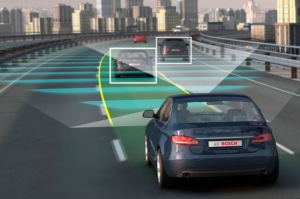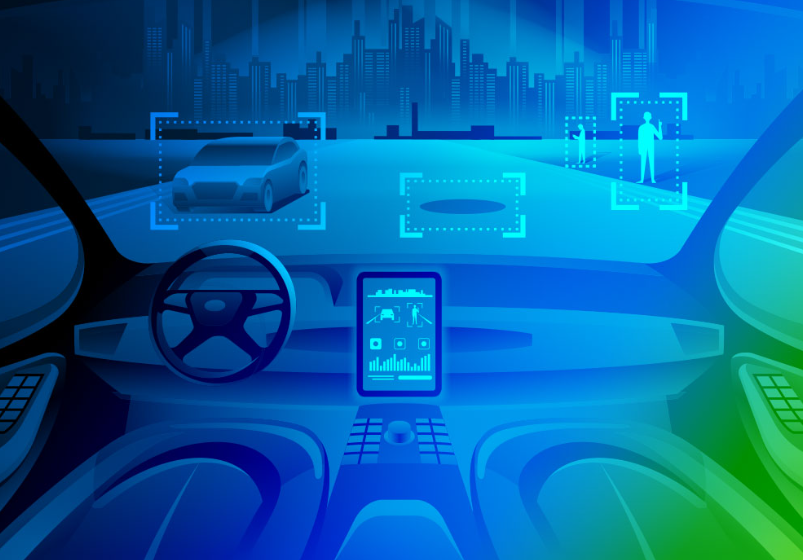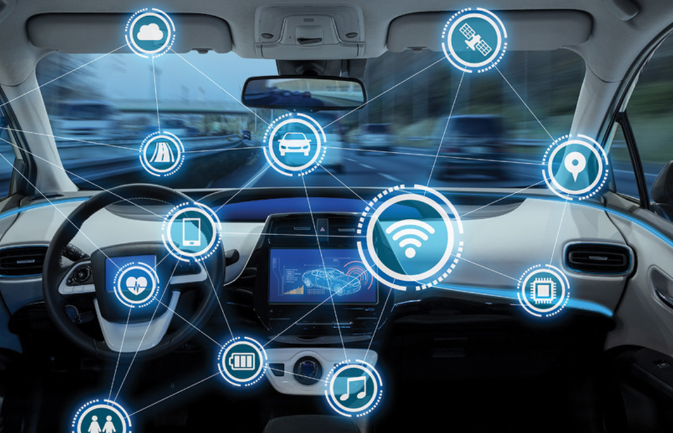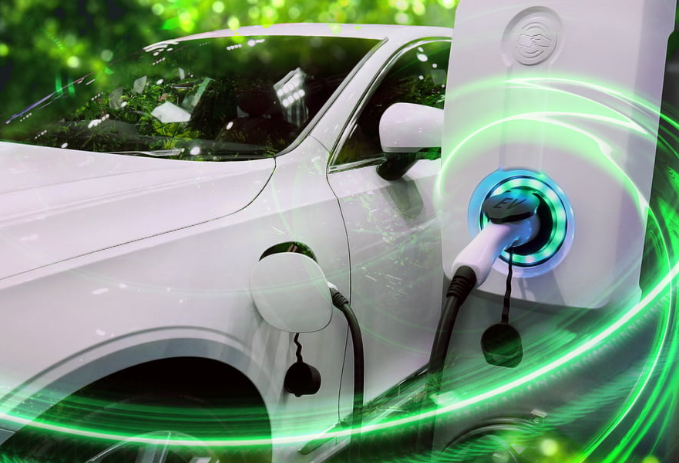|
Getting your Trinity Audio player ready...
|
According to a recent report from the McKinsey Global Institute, the global automotive sector has come under intense pressure. As consumers become less loyal to car companies and automakers struggle to meet rising demand for electric vehicles, they have turned instead towards ride-hailing services such as Uber, Lyft, and Via, or even their smartphones. This trend is expected to continue as new technologies such as self-driving cars emerge. By leveraging Artificial Intelligence, automakers can create personalized experiences that cater to individual preferences and desires. For example, using AI-powered chatbots, automakers can offer customers real-time assistance in areas where human interaction is unavailable—for instance, offering directions to a location that isn’t listed in a map. By creating these personal interactions, automakers can ensure that each customer receives exceptional service that exceeds expectations.

Top Brands with Artificial Intelligence integration
Some brands are already harnessing the power of AI and deep learning to drive customer loyalty. Here are four automakers who are taking advantage of advanced AI techniques:
Toyota
Toyota Motor Corporation (NYSE: TM) uses AI technology to enable its connected vehicle concept, known as “Connected Smart Mobility.” Within this initiative, Toyota’s Connected Home unit will use machine learning and AI tools in an effort to transform its mobility service offerings. Through AI and deep learning algorithms, the company aims to identify users’ habits and preferences, providing customized recommendations that address what customers need.
Volvo Car Group
Swedish manufacturer Volvo Cars recently launched its first automated driving system called City Safety, which utilizes AI and computer vision technology. The aim of the program is to provide more safety while enabling drivers to reduce stress levels and focus on other aspects of traffic flow while operating a car.
BMW AG
BMW AG launched iDrive 4.0, a connected car platform featuring various features including navigation, infotainment, security and autonomous driving. The platform leverages artificial intelligence and cognitive computing capabilities to facilitate data analysis, thus increasing efficiency and effectiveness when processing information.
Tesla Motors Inc.
Tesla’s Autopilot feature allows drivers to engage in hands-free driving by utilizing autopilot functions such as adaptive cruise control. However, critics allege that the system doesn’t work properly and cause several accidents. In response to these incidents, Tesla introduced an enhanced version of AutoPilot, dubbed “Enhanced Autopilot,” last year. Powered by AI and machine learning, the Advanced Driver Assistance Systems helps the driver maintain lane position and speed while reducing steering workload.
The Future of AI Integration
With the continuous advancement of Artificial Intelligence, the future is bright for all organizations looking to leverage it throughout their business operations. AI enables humans to collaborate more effectively, and to find innovative ways to solve challenges. While the current state of AI adoption is slow and uneven, we believe that the rate of development will increase over time as more companies adopt cutting-edge technologies. The following is a summary of some key trends we foresee emerging soon;
-
AI becomes integral to Vehicle Development
Vehicle manufacturers are increasingly incorporating Artificial Intelligence into their programs. Companies such as Google, Alibaba and Baidu have also developed autonomous driving technologies; they expect others to follow suit. To meet consumer demand, automakers should accelerate and expand research efforts towards developing self-driving vehicles. This will allow them to create safer and more reliable road transportation to improve consumers’ lives.
-
Developing Better Data Analytics Capabilities
Today, automakers often rely on traditional data sources like sensors, GPS systems and dashboards to gather insights about how their cars react to changes in road conditions. As technology advances, however, they can harness new forms of data to discover new truths about themselves and their car. This includes tech such as image recognition or radio frequency identification (RFID) tags embedded in the environment. Increasingly, automakers are using these new data streams to develop new products that benefit everyone involved.
Conclusion on the use of Artificial Intelligence
As you can see, AI has rapidly matured in recent years. It’s become smaller, cheaper and more efficient. We predict the pace at which AI gains traction will continue accelerating over the next few years. Organizations across industries, from startups in online casino operations to full scale blue chip enterprises and industrial robotics, are leveraging AI to innovate and produce better solutions for customers. As the market continues to grow, the impact of AI will transform our daily lives across sectors and industries.
FAQs
Does Artificial Intelligence still need human intervention?
Although some AI algorithms can be extremely effective at performing certain tasks without human involvement, many cannot perform well and require input from people. We anticipate that this trend will continue through time. We also predict that companies may eventually use AI to make decisions that humans could not do previously
What makes Artificial Intelligence different than existing technology?
Most of today’s smartwatches or mobile devices include hardware components that connect to internet servers. With AI, you don’t need any special equipment other than your laptop or smartphone. For example, you could ask Siri questions about a recent trip on your iPhone, get directions, place an order online and so on.
Are there safety concerns around developing AI driven cars?
Yes, but the technology has come far enough that most accidents and fatalities today have been linked to driver error. However, the potential dangers associated with AI-driven car technology remain significant.




